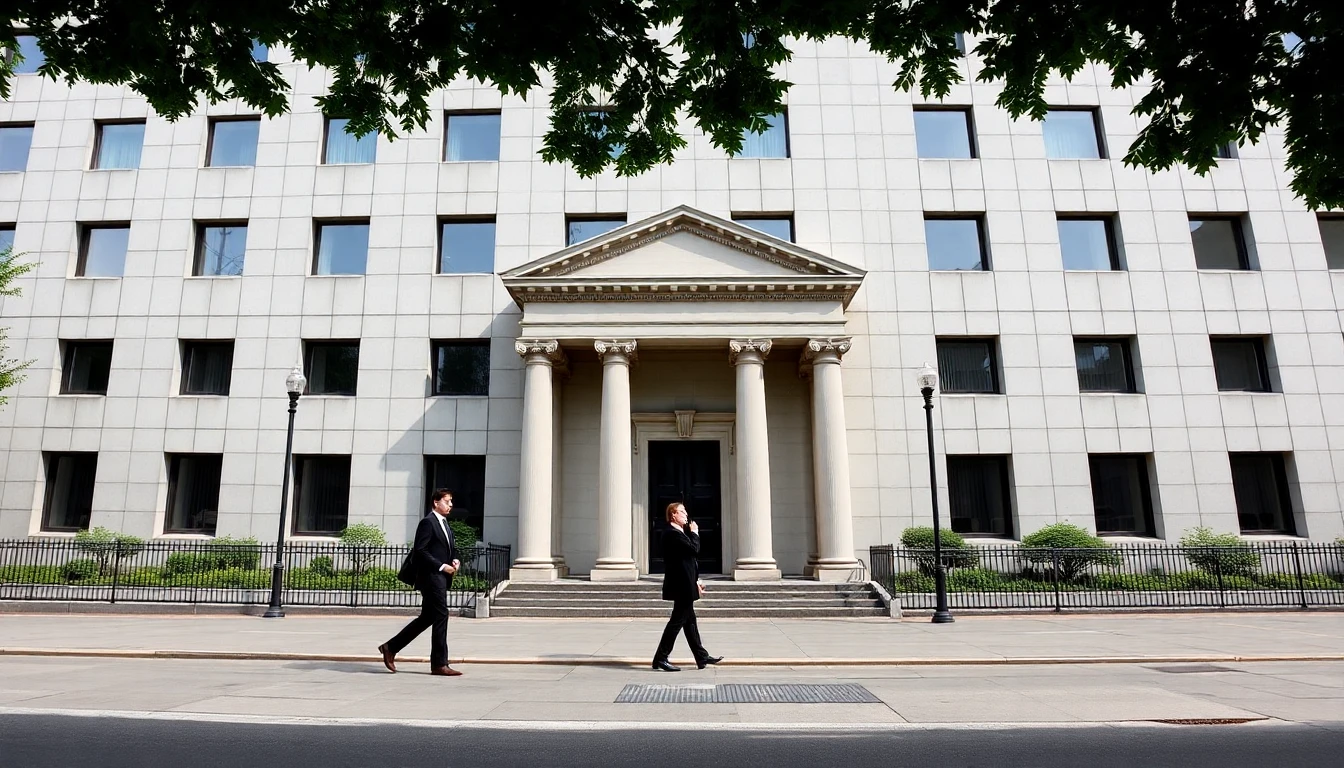
There is growing pressure on the Reserve Bank of Australia, as it came to light that the organization had been holding secret briefings with selected top banks. This secret meeting has raised many eyebrows over the issue of transparency and unequal dissemination of critical economic information.
A recent report stated that top RBA officials had periodically held closed-door briefings with selected executives of major financial institutions in Australia. These non-public briefings have become the centerpiece of an emerging controversy over what a central bank should and should not do in fair markets.
The news came as the RBA prepares to undergo an intense review of its communication strategies, along with an operational review. According to critics, such an off-the-record engagement could accord the banks with an unfair advantage because of the privileged inside information, thus distorting the market.
Such practices have received much criticism from both financial experts and politicians. They argue that any news provided by a central bank should be fully transparent so that market integrity could be maintained. In fact, it is always believed that fundamental economic information must be equally available to all the market participants; otherwise, the credibility of the financial system would be in jeopardy.
Those defending the RBA's actions maintain that the meetings are simply part of what all major central banks do: take the economy's pulse. They stress that it is this kind of communication that will provide a better feel about the financial climate and, as such, they are able to make more coordinated policy decisions. However, the secrecy required with such briefings leaves a lot to be desired in terms of accountability.
It happens at a very important moment in the life of the RBA while it manuevers through different post-pandemic recoveries. Inflationary trends being still uneven, coupled with interest rate decisions carrying much weight, these disclosures have added to the many noticeable roles of the RBA.
While the RBA is under increasing pressure to detail its stance on the matter and the nature of these briefings, the broader financial community and wider public await further detail. Whether this kind of revelation means a change in either the policy framework or operational transparency remains to be seen, but discourse on central bank transparency is only bound to rise.
In response, the RBA argues that it embraces healthy criticism and reiterates its pledge to open communication. The balancing act going forward now will be how best it could maintain confidentiality in its strategic discussions while at the same time ensuring public accountability.
Knowing full well that the developments of this story can have its repercussions rewriting the guidelines on basic central bank communications in Australia and at the same level offer lessons to be learned globally, the financial community, policymakers, and the public keep their fingers crossed.
#RBA #banking #transparency #economicpolicy #financialnews #centralbanks #australia #economicreform
Author: Daniel Foster




